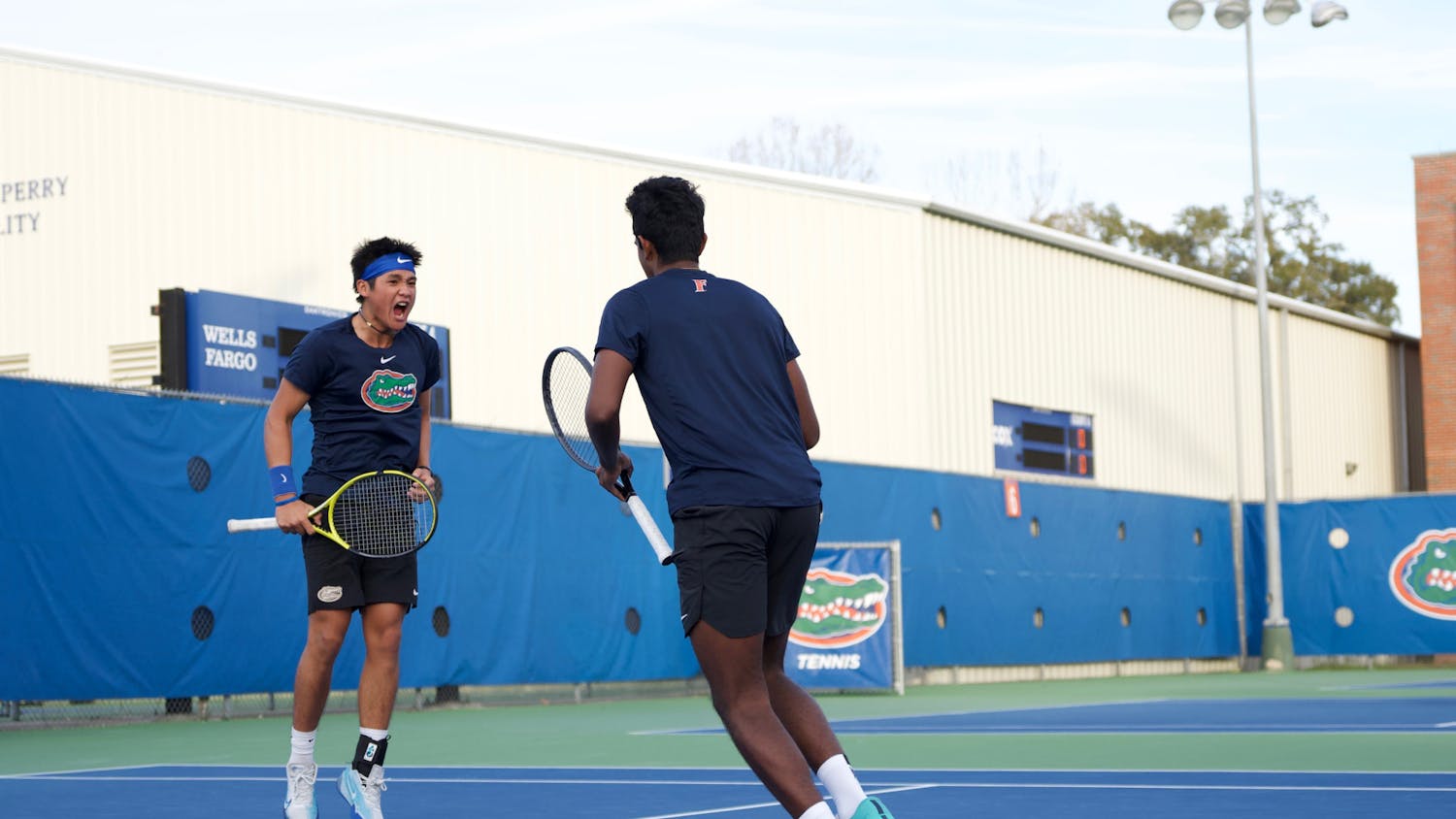The sexual violence on college campuses is not an issue that can be swept under the rug. Universities have served as the focal point for media coverage, awareness campaigns and congressional legislation in the discussion about sexual assault, regardless of whether they help or hinder the issue at hand. We’ve all experienced some offshoot of this, whether it was through last year’s Walk Safe program, the Interfraternity Council’s "It’s On Us" campaign or UF’s Sexual Assault Awareness month.
In an editorial two weeks ago, the Alligator cited a chilling statistic recently released by UF stating nearly one in five women attending our university has been sexually assaulted. This simply isn’t something that can be ignored.
Earlier this year, three Republican representatives introduced the Safe Campus Act to the House. It seeks to amend the Higher Education Act of 1965, most notably by preventing universities from investigating claims of sexual assault and battery unless victims additionally report to law enforcement. It should be noted this police requirement applies solely to reports about sexual violence, which allows schools to investigate reports involving drugs, theft and other crimes on their own as violations of the student code of conduct.
Supporters of the bill point to the need for police involvement in these cases, claiming without it the schools may violate students’ due process rights or fail to enforce an adequate punishment for perpetrators. These are valid claims, yet they fail to address the huge impact this provision would have on how victims go about reporting these incidents. The already abysmal rates at which sexual assaults are reported would undoubtedly be hit hard by the added police requirement. This, unsurprisingly, is the main concern of the sexual assault advocacy groups that have vehemently opposed the bill.
Another noteworthy element in the debate surrounding the Safe Campus Act has been the involvement of the National Panhellenic Conference and North-American Interfraternity Conference. Both Greek organizations backed the bill through extensive lobbying until earlier this month when both groups withdrew support altogether after several fraternities and sororities spoke out against it. The NPC and NIC continue to support the Fair Campus Act, a version of the Safe Campus Act without the aforementioned police report provision.
As public scrutiny of collegiate Greek life reaches a fever pitch, this is a single step in the right direction. While sexual violence is not a phenomenon unique to fraternity and sorority life, we cannot ignore that it’s a main component of the discussion. In the wake of Rolling Stone’s University of Virginia scandal, Greek life has come under increased scrutiny, with some even calling for its complete eradication from campuses. However, that isn’t going to solve the problem.
Greek organizations have the potential to make an instrumental impact on the culture and prevalence of sexual violence within collegiate environments. This stems directly from a Greek organization’s ability to unite students and form a campus culture in which its members can interact and empower each other. Federal legislation alone isn’t going to fully eradicate sexual assault on campuses and neither will the NPC and NIC’s support of the Fair Campus Act. But it’s a start.
With the growing involvement of Congress, universities, law enforcement, media outlets and advocacy groups, the debate surrounding this topic has become increasingly convoluted in recent years. Uniting these large entities will allow for more effective steps against the prevalence of sexual violence. However, the key to the issue lies within the students themselves. Only by restructuring campus cultures and student communities will any real improvements be made, and it’s time for Greek organizations, among others, to step up.
Marisa Papenfuss is a UF English junior. Her column appears on Tuesdays.





